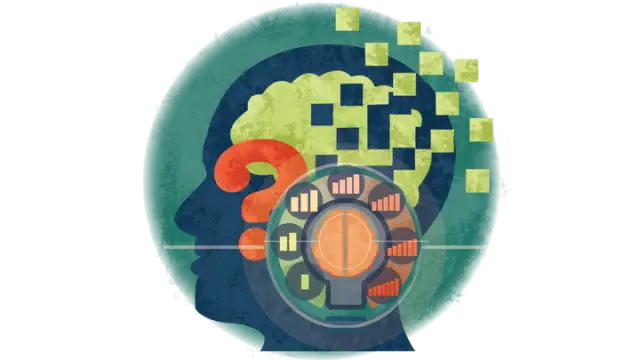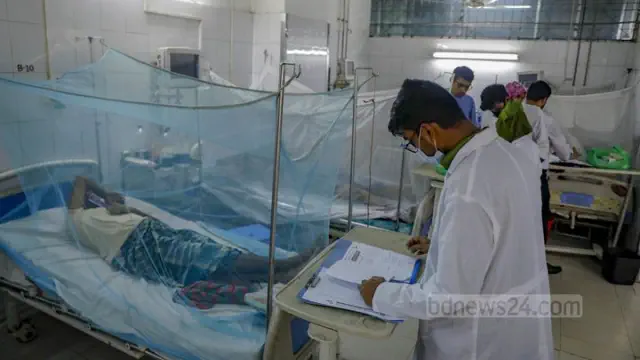
View pictures in App save up to 80% data.
Psychosis and schizophrenia are interconnected yet separate mental health disorders marked by altered thoughts, perceptions, and a disrupted sense of reality.
Psychosis describes this specific collection of symptoms. Schizophrenia is a psychotic disorder that can lead to psychosis, but it's not the only mental health condition associated with psychosis.
Psychosis and schizophrenia are both uncommon conditions, making it challenging to determine their precise prevalence, particularly due to the stigma that often surrounds the pursuit of treatment. In a population of 100,000 individuals, it is estimated that around 15 to 100 may experience psychosis, while the number of those with schizophrenia ranges from 2 to 7.
Symptoms of Psychosis Compared to Schizophrenia Psychosis is a broad term that refers to a mental health condition characterized by a disconnection from reality, while schizophrenia is a specific type of psychotic disorder. Here’s a comparison of symptoms associated with both: **Common Symptoms of Psychosis:** - Hallucinations: Experiencing things that aren’t present, such as hearing voices or seeing things. - Delusions: Strongly held false beliefs that are not based in reality, like believing one has special powers or is being persecuted. - Disorganized thinking: Difficulty organizing thoughts, leading to incoherent speech or behavior. - Impaired insight: Lack of awareness about one’s condition or the irrationality of their thoughts. **Symptoms Specific to Schizophrenia:** - Persistent hallucinations and delusions that significantly impair daily functioning. - Negative symptoms: These include a lack of motivation, reduced emotional expression, and social withdrawal. - Cognitive impairments: Difficulties with memory, attention, and executive function. - Duration: Symptoms must persist for at least six months, with at least one month of active-phase symptoms. In summary, while all individuals with schizophrenia experience psychotic symptoms, not all cases of psychosis are indicative of schizophrenia. Psychosis can occur in various contexts, including mood disorders, substance abuse, or medical conditions.
Psychotic symptoms encompass a range of experiences, such as delusions, hallucinations, disorganized speech (which can be unclear or nonsensical), and actions that are deemed unsuitable for specific social contexts. Individuals diagnosed with schizophrenia might encounter all these symptoms, along with further cognitive and social challenges.
Variations
While psychosis and schizophrenia share some similarities, they differ in key aspects such as the typical age of onset, underlying causes, and the associated risk of suicidal behavior.
Age at Which Symptoms Begin
Psychosis or schizophrenia commonly begins in early adulthood, although it can manifest at both younger or older ages as well.
In individuals diagnosed with schizophrenia, symptoms in men often appear during their late teenage years to early twenties, whereas women usually experience the onset of symptoms in their twenties to early thirties.
Psychosis often begins to manifest in individuals during their late teens or early twenties. Nonetheless, it can occur at various ages, including in childhood or later in life. For instance, a young child may experience a psychotic episode, or an elderly person might encounter it due to a neurological condition, even if they have never had a previous episode of psychosis.
Contributing Factors and Risks
Psychosis and schizophrenia differ in the factors that can lead to or influence their development.
Schizophrenia, a mental health disorder, is associated with various risk factors, including:
- Genetic predispositions
- Exposure to viruses or nutritional issues before birth
- Poverty
- Stress
- Variations in brain structure and function
Psychosis may be linked to schizophrenia, but it can also arise from various other health issues and mental health disorders. Additional contributors to psychosis include:
- A different mental health condition, such as bipolar disorder
- Cognitive, mental, or physical conditions as part of aging
- Sleep deprivation
- Prescription medication
- Alcohol or drug use
Suicide Risk
Psychosis and schizophrenia can lead to suicidal thoughts and behaviors, although the prevalence of such actions varies. Studies indicate that approximately 20% of individuals with schizophrenia may attempt suicide, a figure that exceeds the 12-13% rate observed in those undergoing their initial psychotic episode.
Resemblances
Due to their profound interrelation, psychosis and schizophrenia exhibit numerous similarities. Below are several essential commonalities:
Initial Signs
Schizophrenia and psychosis can manifest in subtle forms prior to the emergence of their hallmark symptoms. Individuals experiencing psychosis may start to exhibit early warning signs, which can include:
- Suspicion of others
- Trouble thinking clearly or telling what's real from what's not
- Increased time alone
- Disrupted sleep
- Decreased attention to self-care or hygiene
- Worsened academic or job performance
- Changes in emotion
- Reduced motivation
- Increased anxiety
- Trouble functioning
In a similar vein, schizophrenia can manifest subtle indicators such as difficulties in social interactions, academic performance, and a decline in motivation.
Uncommon Aggressive Conduct in Certain Individuals
While psychosis and schizophrenia have the potential to result in violent behavior and self-injury, such occurrences are rare, especially in individuals who are undergoing treatment.
While mainstream media frequently depicts schizophrenia as a violent condition, most individuals diagnosed with schizophrenia are unlikely to exhibit violent behavior. In fact, they are often more prone to experiencing violence and victimization than those without the disorder.
Factors that elevate the likelihood of violence and self-injury in individuals with schizophrenia include a lack of treatment, the use of alcohol or drugs, and the combination of both.
In a similar vein, an individual experiencing a psychotic episode might display self-destructive or aggressive actions; however, such behavior is not typical for them. With appropriate treatment for their psychosis, the likelihood of engaging in violent behavior significantly diminishes.
Obstacles in Therapy
Treating both psychosis and schizophrenia can pose significant challenges, primarily due to the potential resistance of individuals to seek help. Those experiencing psychosis often grapple with feelings of paranoia and mistrust, making them hesitant to accept treatment. Therefore, it is essential for family and friends to actively support and encourage adherence to the treatment plan for effective management of psychosis or schizophrenia.
Is it possible to experience both psychosis and schizophrenia simultaneously?
It's possible to have both psychosis and schizophrenia because psychosis is a symptom of schizophrenia. By definition, schizophrenia involves psychosis. However, you could experience psychosis without experiencing schizophrenia, as other conditions also cause psychosis.
When to Pursue Medical Attention and Whom to Reach Out To
If you or someone you care about is experiencing any symptoms of psychosis or schizophrenia, it's important to seek care from a mental health provider like a psychiatrist (a medical doctor specializing in diagnosing and treating mental health disorders). If you need a referral, your primary care provider can help connect you.
Your treatment strategy may involve a mix of medication and therapy, tailored to your specific symptoms and their underlying causes. In more serious situations, hospitalization may be necessary. Prompt treatment for both conditions can enhance your prognosis, making it crucial to seek help as early as you can.
A Brief Overview
Schizophrenia is a mental health disorder marked by various symptoms and is often recognized for its association with psychosis. Psychosis occurs when an individual becomes disconnected from reality, experiencing hallucinations and delusions.
Psychosis can occur in individuals without schizophrenia, as various other health issues may trigger it. Whether it's schizophrenia or another type of psychosis, prompt intervention is crucial for effective management.
Read the original article on Health










